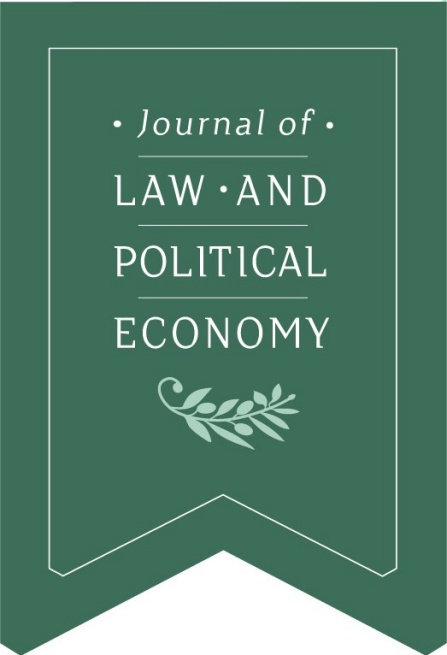Over the past four decades, a tidal wave of corporate mergers has resulted in industry concentration, higher prices, and reduced productive capacity. The U.S. wireless industry in the 2010s offers a case study of the public benefits of strong anti-merger law.
By failing to articulate a vision of fair competition, the White House has delegated the task of moral exposition to its cabinet secretaries and agency leaders. This move may not prove fatal to the aspirations of antimonopolists, as some agencies are well positioned to do the work.
The goal of antimonopoly policy is not simply to help farmers. Antimonopoly law seeks to redistribute decision making power systematically down the supply chain. Expanding workers’ rights and enacting antimonopoly laws must go together. Establishing more rights for labor without also restructuring this system is unlikely to do more than make marginal improvements
The reinterpretation of antitrust in terms of "consumer welfare" has not resulted in bountiful consumer welfare, but oligarchy unleashed. But, as I wrote in the Journal of Law and Political Economy, antitrust can be a force for fairness and democracy again. A reimagined antitrust law that restricts consolidation of business assets and permits certain forms of coordination among small actors would limit domination and disperse power.
Sandeep Vaheesan interviews Frank Pasquale about his forthcoming book, New Laws of Robotics: Defending Human Expertise in the Age of AI.
Taking up Anne Alstott & Ganesh Sitaraman’s arguments in favor of the public option, this post makes a case for universal labor and employment rights.



